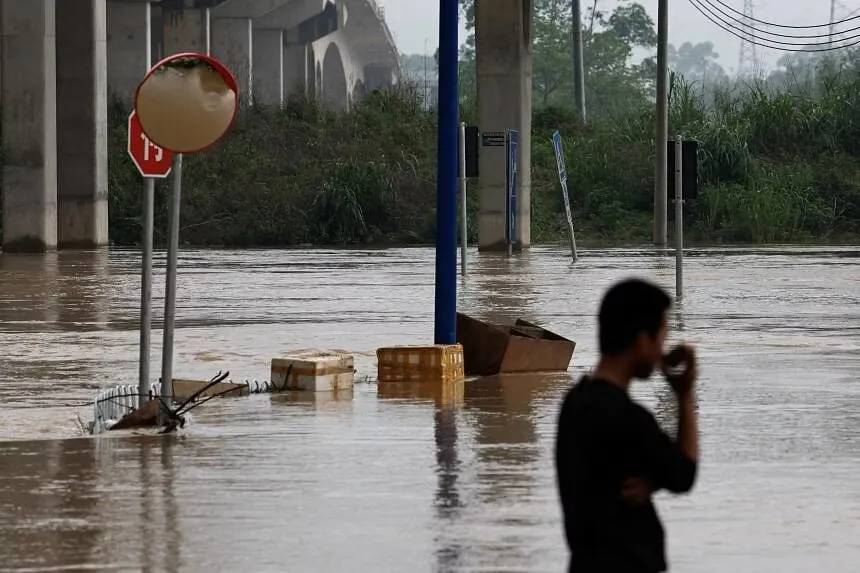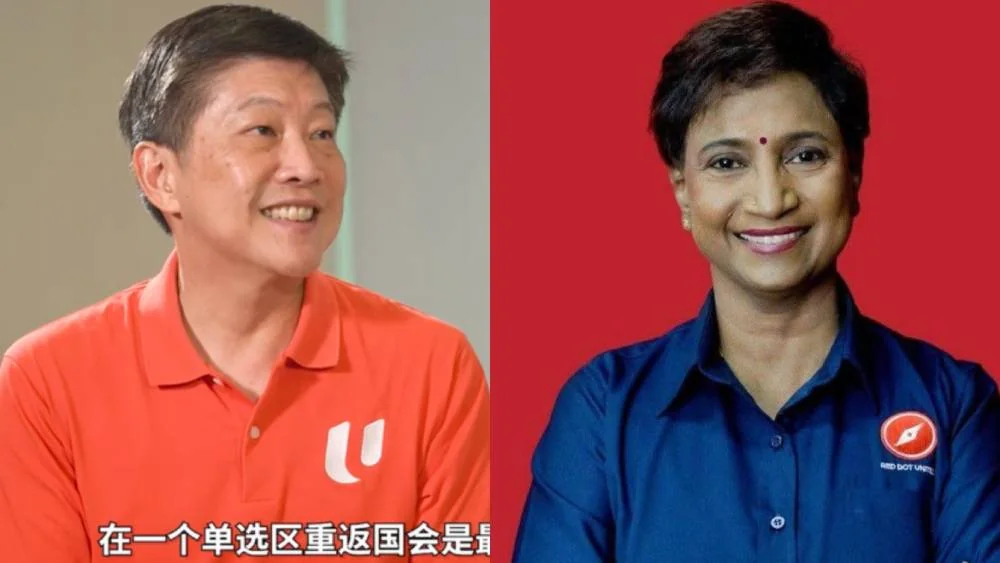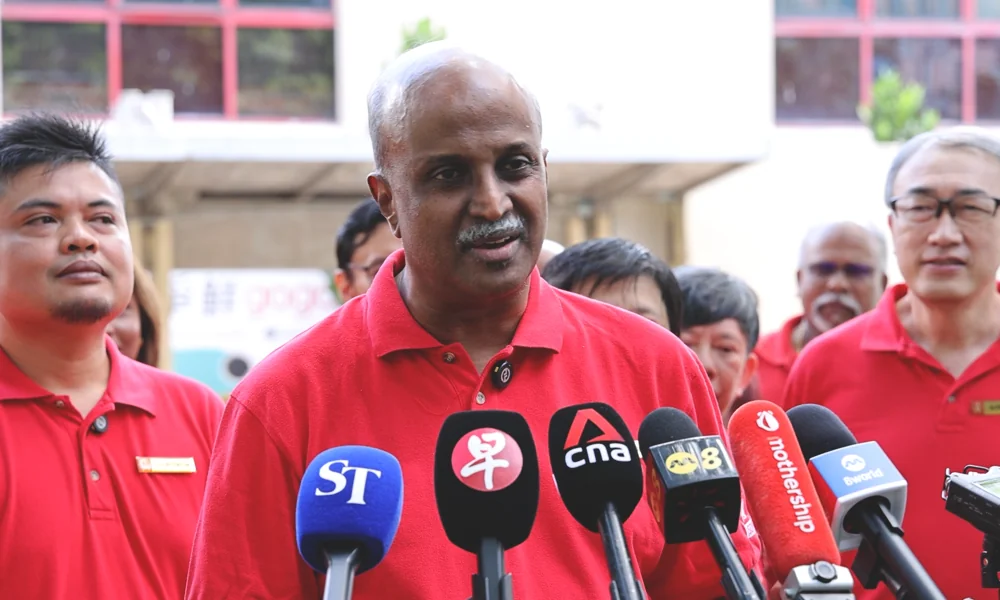“我们看不到前方的路”中国南部遭暴雨和洪水淹没
中国南方部分地区连降暴雨,造成四人死亡、十人失踪。

北京——上周末,中国南方部分地区连降暴雨,造成四人死亡、十人失踪。中国政府保持高度警惕,以防天气进一步恶化。 广东省是中国人口密集的制造强省,是此次降雨的重灾区。 珠江干流北江沿岸的城市,如韶关、英德和清远,相继报告了山体滑坡、洪水和人员疏散的情况。 据中国新华社4月22日报道,拥有1.27亿人口的广东,约有11万受灾居民已进行转移。灾害造成四人死亡,十人失踪。 自4月19日以来,广东约有116万户家庭停电。截至4月21日晚,80 %的家庭已恢复供电。 航班和火车多次延误或取消,全省部分学校被勒令停课。洪水导致36所房屋倒塌,另有48所房屋严重受损。 在社交媒体上,一段视频广为流传,视频中一名救援人员站在另一名救援人员的肩膀上,试图营救楼上的居民;同时也有视频拍摄到救援人员将老年居民从楼梯上背下来的画面。 据有关部门估计,山洪造成的直接经济损失达1.406亿元人民币(约合2700万新元)。 广东夏季易发洪涝灾害,但洪涝季节一般从5月开始。该省大部分地区属于地势低洼的珠江三角洲区域,特别容易受到风暴和海平面上升的影响。 20多岁的广州居民毕丽(Bi Li)女士从事牙科工作,她告诉《海峡时报》(The Straits Times),4月20日上午,由于天气原因导致路况不佳,她在韶关参加专业考试时差点迟到。“暴雨、闪电和雷鸣交织在一起,非常吓人。我和司机在去考场的路上甚至看不清前方的路。”4月19日晚前往韶关参加考试的毕女士说。 <img class="“alignnone"> 之后,她的司机不得不绕道避开被洪水淹没的道路,将她送到韶关市火车站。 新华社22日援引国家气象中心的信息报道,中国南方的降雨预计将在未来三天内减弱,但广东和福建两省的部分地区仍将持续降雨。 除了广东省和福建省,该地区的其他省份如广西、江西和贵州在过去一周也遭遇了强降雨。 报道称,多个地区的降雨量创下历史新高,广东未来几天的降雨量可能达到100毫米至160毫米。 报道补充说:“与往年同期相比,预计4月下旬我国南部和西南部大部分地区的降水量将增加50 %至80 %。”4月22日上午,当局表示全国暴雨威胁仍然较高,发布了黄色预警信号,这是中国四级预警信号中第三高的级别。 在广东,直升机、橡皮艇和救援人员已部署到受灾地区,确保居民能够安全撤离或有足够的食物和其他必需品。 居住在广州的42岁新加坡人林先生(Jason Lim)说,自4月19日以来,断断续续的暴雨已造成该市部分郊区发生洪灾。 林先生在一家食品公司担任副总经理,他说周末去邻近的佛山出差时,那里的积水已经淹到了他的脚踝,但道路仍然可以通行。 <img class="“alignnone"> 他说,此次降雨影响了广东省的物流,原本预计于4月22日到达的快递将无法送达。 他说:“由于天气恶劣,快递都延误了,但我预计它们将在未来两天内送达。”新华社称,中国铁路广州局集团提供的铁路服务此前受暴雨影响,现已于4月22日全面恢复。4月19日至21日期间,共有305趟列车因恶劣天气停止运行或不得不折返。






